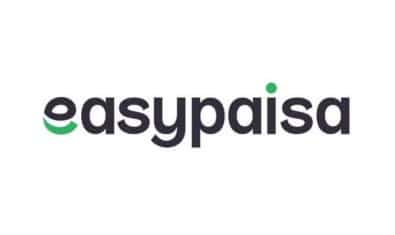The Pakistan Business Council (PBC) has recommended the Federal Board of Revenue (FBR) to register those making gains during trading at the stock market by using financial data to expand the tax net.
The budget proposals of the PBC for 2023-24 revealed that the FBR has got access to financial data in various forms including the monthly statements submitted by withholding tax / collecting agents as per various sections.
Information as per Statement under sections 165A, 165B, 175A and NADRA, FIA, Bureau of Immigration and Overseas Employment records are also available.
This can be a start to bringing new taxpayers into the net. In addition, the FBR has also collected data about the tax paid by non-filers on vehicles, immovable property, and on gains made in the stock market.
The PBC recommended that the FBR and the formal sector should work in partnership to broaden the tax base. The earlier tax credit to encourage taxpayers to transact with the formal sector should be revived.
The information on non-taxpayers provided by withholding agents should be mined. Though the PBC disagrees with the principle of “non-filers”, it appreciates the FBR’s capacity issues and recommends higher advance taxes on utility bills, real estate transactions, and luxury expenditures of “non-filers”.
The corporate entities, especially those listed, which operate to a higher standard of governance and accountability, and their shareholders must not be penalized in comparison to unincorporated entities and their owners, otherwise the incentive to incorporate will be undermined. There should be a level playing field in the holding periods for capital gains tax on the sale of company shares vs. real estate.
The transit treaty with Afghanistan has been misused through the diversion of goods to Pakistan. The Afghan Transit Trade Agreement has expired, with the evolving situation in Afghanistan, Pakistan needs to look to renegotiate the treaty with clauses putting in quantitative and qualitative restrictions on what can transit, insist on letters of credit where possible, charge duty and GST on imports which would only be refunded to the Afghan government on exit, track and monitor containers, strengthen inspection of empty containers returning to Pakistan and make physical controls along the border stronger.
The civil and military authorities need to be on the same page to do this. Electronic Data Interchange with key trading partners should be deployed to check the under-invoicing of imports. The provinces have little incentive to check smuggling as customs duty and GST evaded are federal taxes and do not hurt their revenues directly.
Provinces may be incentivized to facilitate raids on shops that deal in smuggled goods. Positive lessons from the success of cell phone registration with PTA and Urdu language labeling requirements for imported food items can be applied to other smuggling-prone goods, it recommended.
The withholding tax regime should be simplified by reducing the number of withholding provisions. The current withholding tax guide available on the FBR website is a 19-page document as of 2022, which clearly shows the complexity of the regime from compliance and ease of doing business aspects.
The withholding taxes applied on non-filers in the real estate and other informal sectors should be punitive in nature to ensure greater compliance. The rates of filers need to be reduced so that the burden of complaint taxpayers is reduced.























03102335593